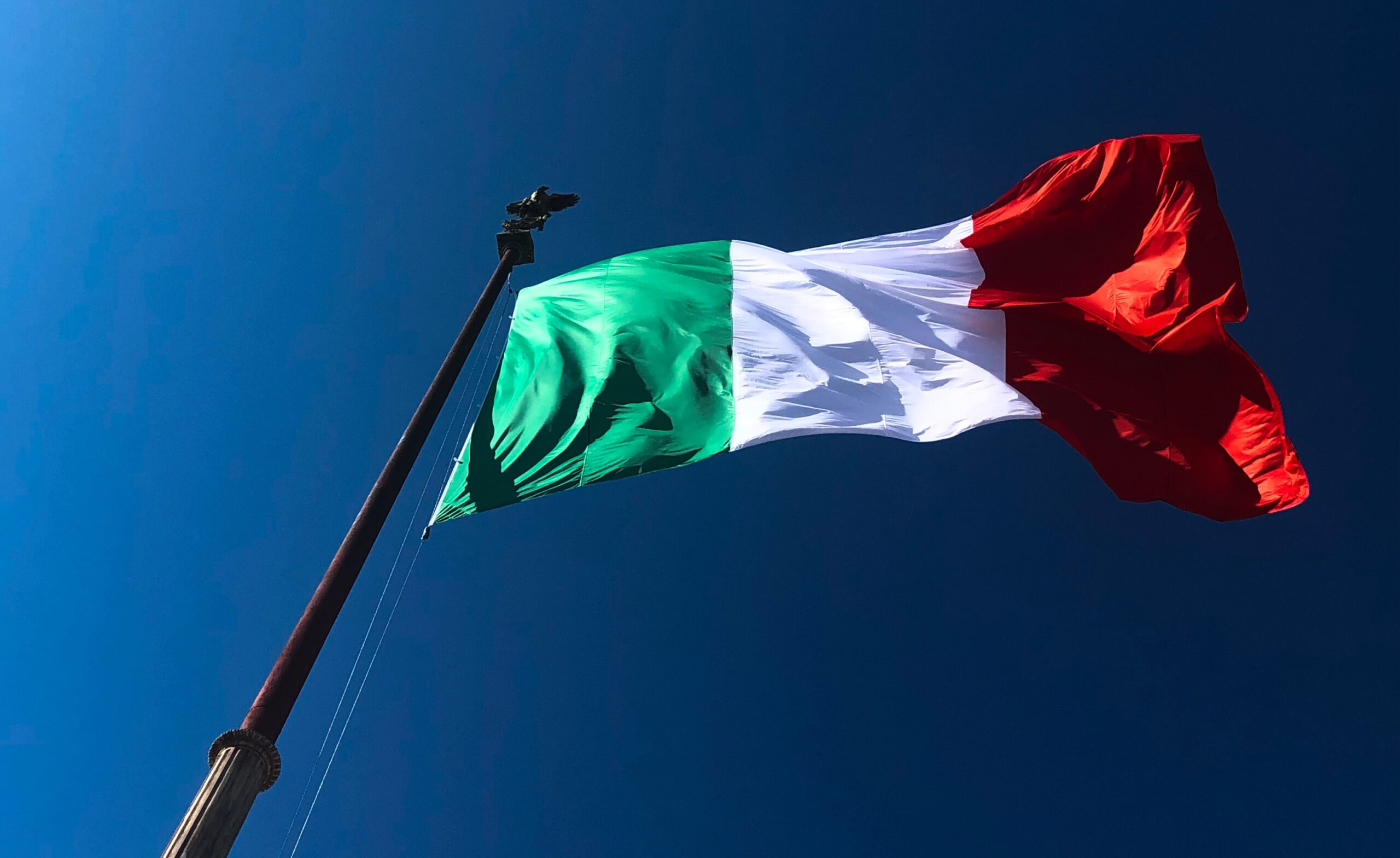Euro 2020: and the winner is…
“It’s coming (to) Rome!”. That’s the slogan that we have been reading across social media, and heard on TV since Sunday, July 11th, when Italy won Euro 2020 beating England on penalties.
Italian footballers have been at the center of funny posts on social medias clearly link to some traits of the Italian culture. So, we have decided to collect and dedicate an article about some of the most common stereotypes on the Bel Paese.
First thing first. What is a stereotype?
Stereotypes are social categorizations that simplify reality to the extreme, and they do not consider all the aspects of a given culture.
Particularly, they rise from the fear and distrust of the “other” and the inability of accepting that we are all different. And it’s the diversity what makes our world so beautiful.
Some are true, some are false, some are funny, some not at all!
Traveling, studying new cultures and languages, and being open-minded, these may help to change and fight against some stereotypes.
Are you ready to have a look to the Italian stereotypes?
Italians are “Scaramantici” (superstitious)
That’s true.
If we consider Hofstede’s Model of Cultural Dimensions, on the scale of Uncertainty Avoidance Italy has a score of 75 which means that Italians are not comfortable in ambiguous situations.
The dimension of Uncertainty Avoidance has to do with the way a society deals with the fact that the future can never be known. It refers to the extent to which the members of a culture feel threatened by ambiguous or unknown situations and, for this reason, have created beliefs and institutions that try to avoid these.
Italian players, as well, had their own ritual (per scaramanzia) to ward off bad luck before a match during Euro 2020.
The assistant coach Gianluca Vialli is the protagonist of one the team’s superstitious rituals: before the first Euro match, when the Azzurri won against Turkey, the team bus accidently drove off leaving Vialli behind, before realizing and returning to collect him. Since then, it has become a good luck tradition for the bus to drive off briefly without Vialli and then stop to let him on board.
Italians are “Mammoni”
This Italian stereotype affects mainly male Italians as shown by our champions!

(in the picture: Federico Chiesa asking Siri to call his mum after the win)
No matter what, these boys will always need their mommy
Even though Italian culture is considered an individualistic one, family is at the core of the Italian society. La famiglia provides emotional and economic support to the individual and it often forms the basis of their social circles. The family network and the group one belongs to are very important aspects of the Italian society.
Compared to their peers, in other European countries, Italians leave their home later. However, it does not mean that they do not look for their own independence. It is also linked unfortunately to a lack of job opportunities…
Italians are Obsessed with Food
“Life is a combination of magic and pasta.”
-Federico Fellini, Director
This is a stereotype that we cannot deny. Food is everything, and Italians’ daily life revolves around the question “What are we going to eat today?”. Food is joy and a way to celebrate, and surely a key part of the Italian cultural heritage.
Sharing food and their social life, Italians also build trust and relationships.

(in the picture: Bonucci eating a croissant and a cappuccino for breakfast showing the Euro cup)
“You still need to eat more pastasciutta”. That’s the kind suggestion of the vice-captain Leonardo Bonucci for the Brits. Was food the reason behind the Italian victory? It may be.
Italians communicate with Hands
Tell you are Italian without telling me you are Italian. This stereotype is totally true and undeniable!

Italians say that they use their hands while chatting to “better outline the topic of a conversation”.
According to the American anthropologist Edward Hall, Italy is a High Context culture. This means that communication is sophisticated, nuanced and layered. There are a lot of gestures and body language involved. Actually, Italians can communicate without using words but just with their hands and various facial expressions. So, if you are going to talk with an Italian you have to be ready to “read the air”.
Italians are effusive people
Generally speaking, Italians are friendly, effusive and passionate.
There is probably a difference between the Nord and the South of Italy. Actually, people going from Southern Italy to the North say that they feel cold not only for the different climate but for the less “warm” approach in relationships.
According to Hofstede’s dimensions, In Italy the combination of high Masculinity and high Uncertainty Avoidance makes life very difficult and stressful. This is one of the reasons why they are very passionate people. Emotions are so powerful that individuals cannot keep them inside and must express them to others, especially with the use of body language.
Additionally, physical contact is important. In fact, before the pandemic, when Italian used to meet someone they didn’t just shake their hands, but also kissed them on both cheeks. This latter may be considered inappropriate for some cultures. That’s why cultural awareness is key.
Before concluding, we would like to thank Italy and also England for the amazing and magical moments they gave us, after a suffering year and a half.
Despite some unpleasant situations also right after the finals, football and sport can be very powerful tools to show the beauty and diversity of our world!
Till the next competition!


